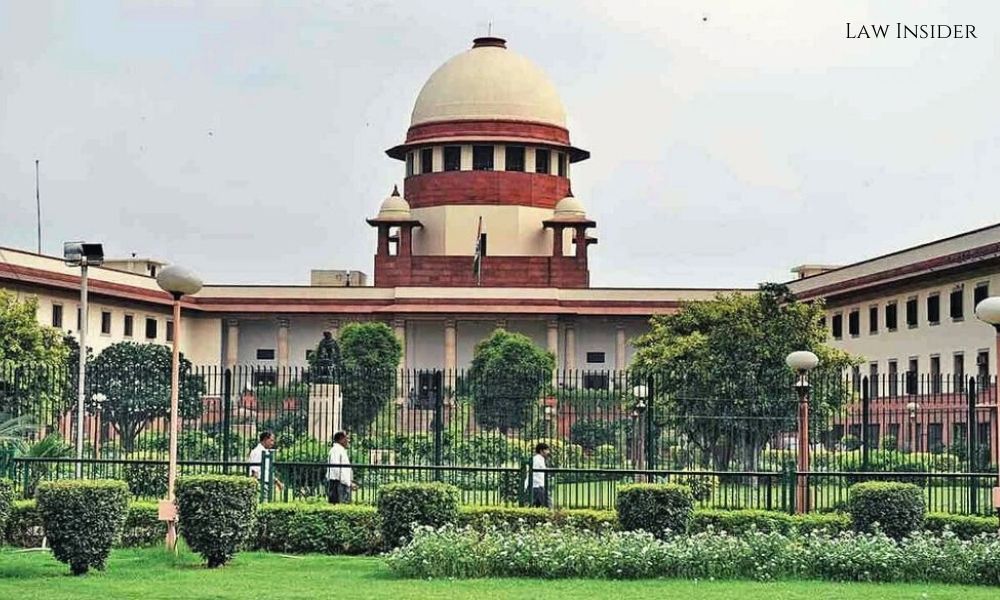Shivani Gadhavi
Published On: January 21, 2022 at 16:32 IST
The Supreme Court of India on January 21, 2022 upheld the Penalty imposed on Essar Steel by the Government of Gujarat in a matter related to a Tax Purchase Case, within which the Essar Steel in order to generate electricity diverted natural gas and naphtha to its sister company called Essar Power.
The Supreme Court Bench of Justices M R Shah and Sanjiv Khanna backed the decision of the Gujarat Government while stating that Essar Steel by diverting the benefits of the Exemption Incentive granted to them by the Government under Exemption Certificate, did not comply to the Incentive, as it was granted to Essar Steel and not Essar Power.
The Supreme Court Bench stated, “We have held that Essar Steel Limited did not comply with original entry. As per latest Incentive Policy, benefit was eligible to certain industries. Power producing industries were ineligible for the same and thus Essar Power was not eligible for Purchase Tax Exemption.”
The Case of State of Gujarat v. Arcelor Mittal Nippon Steel India is pertaining to a matter in which Essar Steel purchased natural gas and naphtha under the Sales Tax Exemption Incentive, for concessional rates. The Company diverted the benefits of this incentive to its sister company Essar Power, which is not allowed under the incentive.
The Gujarat Tax Department in this regard levied a Penalty of INR 480 crores on Essar Steel stating that the diversion of benefits by the company led to violation of conditions in order to avail the benefits of the Tax Purchase Incentive. The Gujarat High Court had ruled against the Tax Department after which it approached the Supreme Court for adjudication in the matter.
The Supreme Court also stated that, “While Exemption notification must be liberally construed, the Beneficiary must fall within ambit of the notification. Promissory Estoppel will not be applicable in this Case.”
The Doctrine of Promissory Estoppel does not apply in the matters pertaining to Taxes as such. The Court observed in relation with the current Case, the Doctrine of Promissory Estoppel is not eligible or sustainable and cannot be used to amend any kind of Rules prescribed in a Statute.

